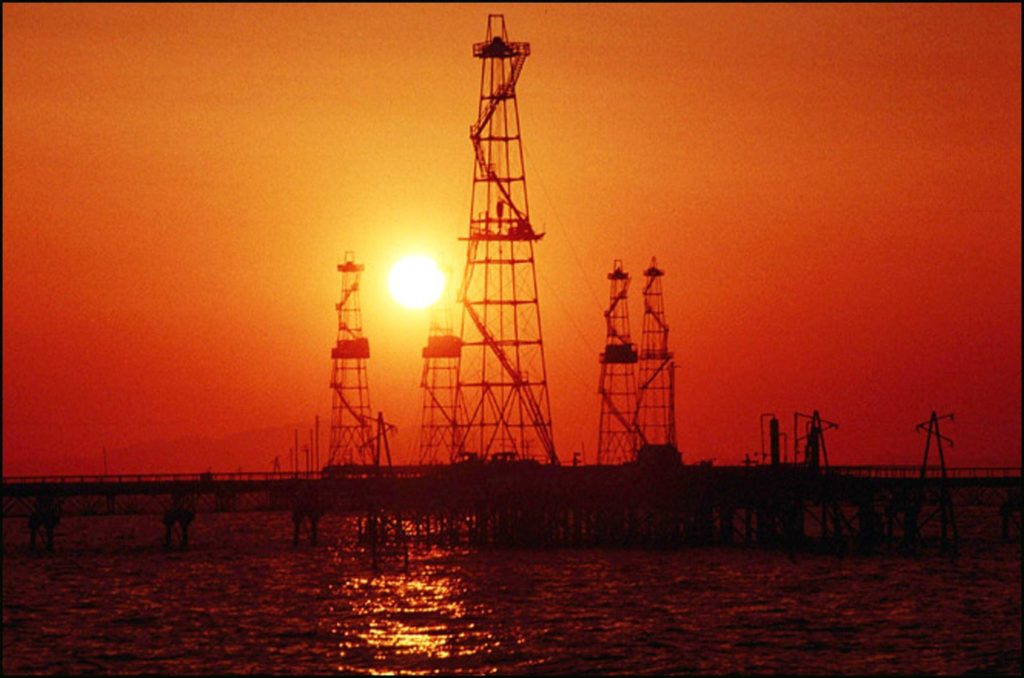TASHKENT
Uzbekistan plans to find a new investor to replace BP to develop three oil and gas fields in the Ustyurt plateau in the northwest of the country after the British energy giant left the project over the change of its own energy policy.
Uzbekistan’s state-owned company Uzbekneftegaz, BP Exploration and Azerbaijan’s state oil company SOCAR signed an agreement on joint research to assess exploration potential at three investment blocks in the Ustyurt region in May 2019.
The sides were close to signing a Production Sharing and Geological Exploration Agreement. BP, however, left the project due to the change of the company’s global strategy, Uzbekistan’s energy sector official told Interfax-Azerbaijan.
BP’s new strategy is aimed at supporting decarbonisation and refusal to invest in new hydrocarbon projects. It plans to cut its oil and gas output by 40 percent by 2030 and spend $5 billion a year on low-carbon projects, in a bid to become one of the world’s biggest green power producers. The British oil and gas company wants 50 gigawatts (GW) of renewables such as wind, solar and hydropower in its portfolio by 2030, up from just 2.5 GW now and more than the total renewable capacity in the United Kingdom at the moment.
“SOCAR was going to participate in the project with a share of up to 25 percent, but, of course, BP was the main investor … Now we are considering the possibility of attracting other companies to this project,” Uztransgaz chairman Bekhzot Narmatov was quoted as saying.
SOCAR retains its interest in the project, since the research work was carried out mainly by SOCAR specialists with the support of BP, Narmatov said.
“Recoverable reserves here are estimated at about 500 million barrels of oil. The project is still alive, in standby mode,” he said.
Uzbek officials are now holding talks with several foreign companies discussing their potential participation in the project.
The country’s Energy Ministry press service confirmed Narmatov’s statement, but did not comment on the issue when contacted by the Tribune.
The Central Asian resource-reach country produces about 60 billion cubic metres of gas per year, exporting some of its output by pipeline to China, Russia and neighbouring countries.
However, Uzbekistan’s leadership has recently said the country might change its gas exporter status to importer due to growing domestic demand and using gas as a raw commodity to produce value-added goods for export.

